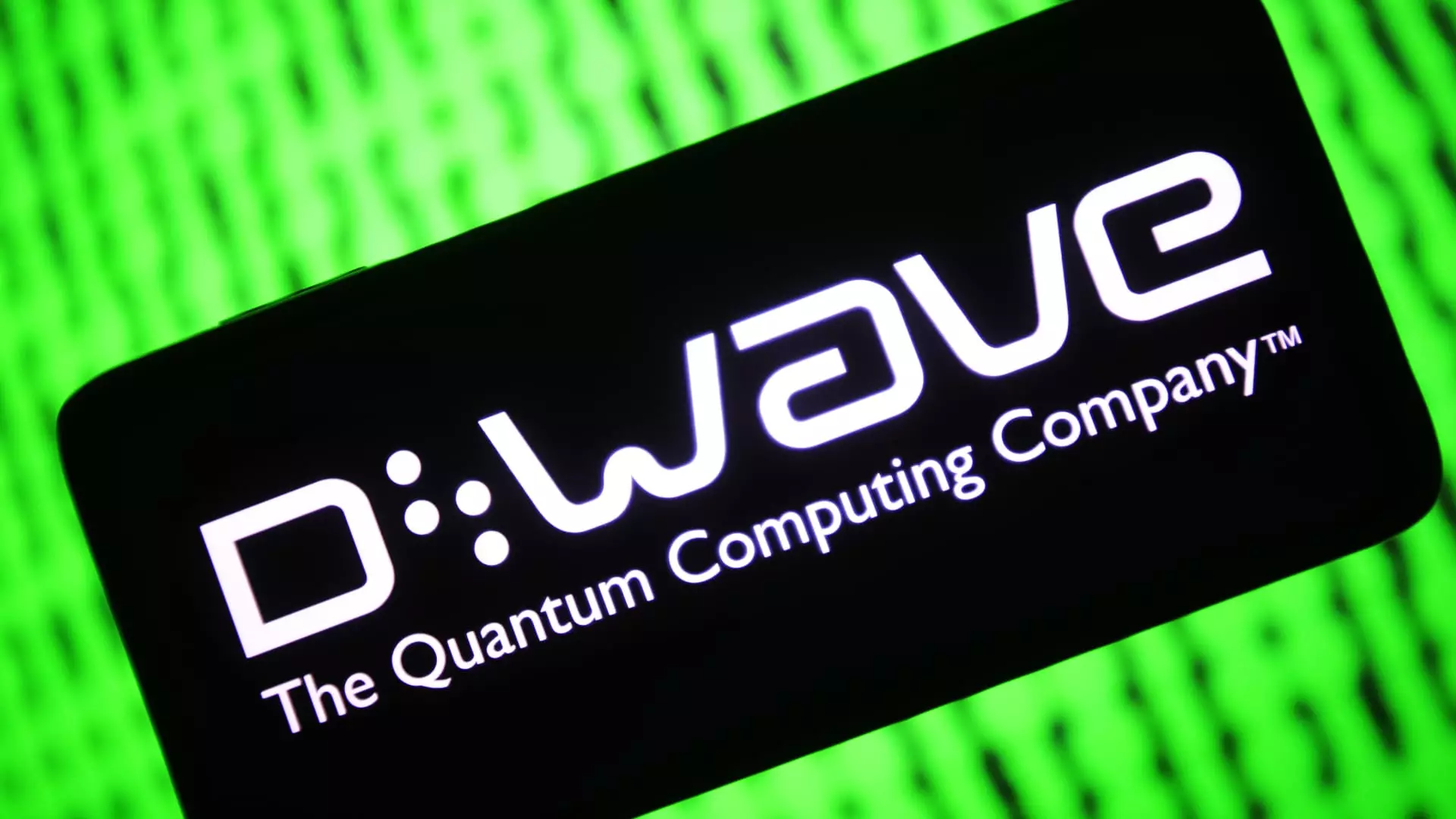Recent developments in the realm of quantum computing have conjured a renewed sense of optimism among investors and tech enthusiasts alike. On Wednesday, a significant uptick in quantum computing stocks was observed, primarily driven by Microsoft’s forward-thinking directive encouraging businesses to prepare for a “quantum-ready” future by 2025. This proactive stance not only reflects Microsoft’s confidence in quantum technology but also rekindles hope in a sector that has seen its fair share of skepticism and caution.
Mitra Azizirad, the president and COO of Microsoft’s strategic missions and technologies, emphasized in a blog post that we are on the brink of “the reliable quantum computing era.” This assertion has encouraged investors, leading to impressive stock price increases in companies such as Rigetti Computing, which saw a 13% rise, and IonQ, which surged by 26% on the same day. Such responses highlight a fragmented yet enthusiastic marketplace eager for innovations that quantum computing promises to deliver.
Investor sentiment regarding risk has evidently shifted, particularly following the announcement of softer-than-anticipated core inflation figures for December. This economic context helps illuminate why quantum stocks have entered a rally phase, as investors are generally more enthusiastic about new technologies and forward-looking business strategies in an environment that offers a less ominous economic outlook.
Moreover, Nvidia’s announcement of a “Quantum Day” at its upcoming GTC conference indicates a concerted effort by leading tech firms to cultivate interest and foster dialogue around quantum technologies. Azizirad’s call to action for business leaders suggests that the tech industry may soon see a rapid acceleration in quantum research and development, positioning companies to reap the benefits of this transformative technology.
Despite the promising news, a layer of skepticism remains. Statements from industry stalwarts such as Nvidia’s CEO Jensen Huang and Meta’s Mark Zuckerberg serve as reminders that many hurdles still lie ahead. Huang notably dampened the fervor by cautioning that we might be decades away from deploying practical quantum machines capable of solving real-world problems. This tempered view resonates with a segment of Wall Street analysts who maintain that viable use cases for quantum technology are still far off.
Nevertheless, advocates for quantum computing continue to assert that this technology can accomplish what conventional computers cannot, particularly in areas involving the processing of extensive datasets and solving complex problems efficiently. As exciting as the narratives surrounding quantum advancements may be, the broader context suggests that while stocks may rise and fall with market sentiment, the path to a fully realized quantum future will likely be lengthy and complex.
While the initial excitement surrounding quantum computing is palpable, it is crucial to approach the future with tempered optimism. The surge in stock prices fueled by Microsoft’s initiative, coupled with advancements from leading tech companies, sets the stage for a groundbreaking period in technology. However, stakeholders must remain realistic about the timeline and potential applications of this innovative field, preparing for both the challenges and opportunities that lie ahead. As the quantum computing saga unfolds, only time will reveal its true impact on the technological landscape.

